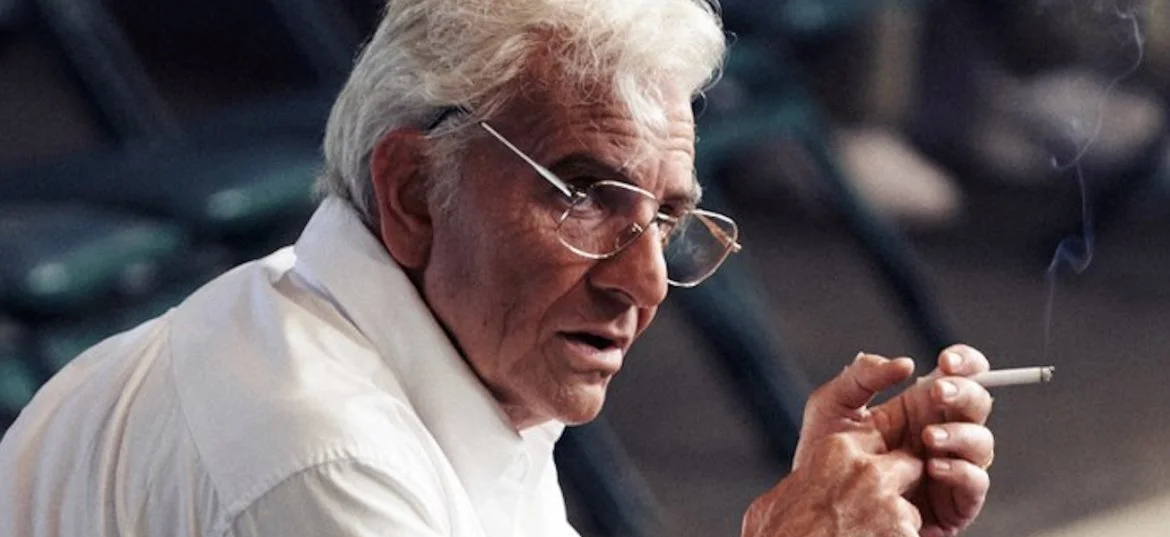The life and times of composer/conductor Leonard Bernstein is the crux of Bradley Cooper's "Maestro," a vanity statement that doesn’t quite hit the mark.
Cooper proves that he’s great behind the camera, having quite the eye for frame composition, but his lush and romantic film can’t seem to figure out how it wants to tell this story. It’s no surprise then that Cooper had numerous versions of “Maestro” screen for test audiences — the film looks like it’s been molded and remolded over and over, there’s no groove to it.
Bernstein’s closeted homosexuality plays a big part in this story, as does his turbulent marriage with actress Felicia Montealegre. In essence, Bernstein led a double life, but the film barely scratched the surface of his sexually conflicted psyche.
Cooper, writer, director, and actor, plays the Maestro himself. His love and admiration for Bernstein is obvious and he’s completely transformed in the role, but the screenplay does him a major disservice. The focus of the film, its raison d’être, is Bernstein's 33-year marriage with Montealegre, which began in 1946 when the two met at a party.
Mulligan plays Montealegre with clear-eyed astuteness, entangled in a romance with a gay man. The problem is that none of the drama is that interesting — if ”Maestro” were the story of an ordinary man, and not the greatest American conductor, then there’d be no reason to tell this story.
Bernstein’s gay relationships are mostly only hinted at in the film. You get the idea without going into much detail. There were far more interesting things about Leonard Bernstein than his marriage and being gay. That’s the problem, the film is obsessively occupied with his wife and the closeted homosexuality that derails their relationship, that it completely neglects why Bernstein became such an important figure in American music history.
Some of the film is in black-and-white, and then, suddenly, turns to color, but for no particular purpose. Yes, we get it, it’s to show us that time has passed, but the old age makeup does enough to show us that.
So, what is “Maestro” exactly? It turns out to mostly be a formal exercise, an art film without much meaning to it. There are a few well-executed moments, especially a six-minute tracing shot of Bernstein conducting a symphony and an “On the Town” sequence that blurs reality and fiction. That’s about it, but where’s the thematic grounding and narrative drive?
Cooper, the filmmaker, clearly lost himself in the editing room, conflicted by which story to tell. A third act detour focusing on Felicia’s struggles with cancer finally grabs our attention, but by then it’s too little too late, “Maestro” has cemented itself as a narrative mess. [C+]






